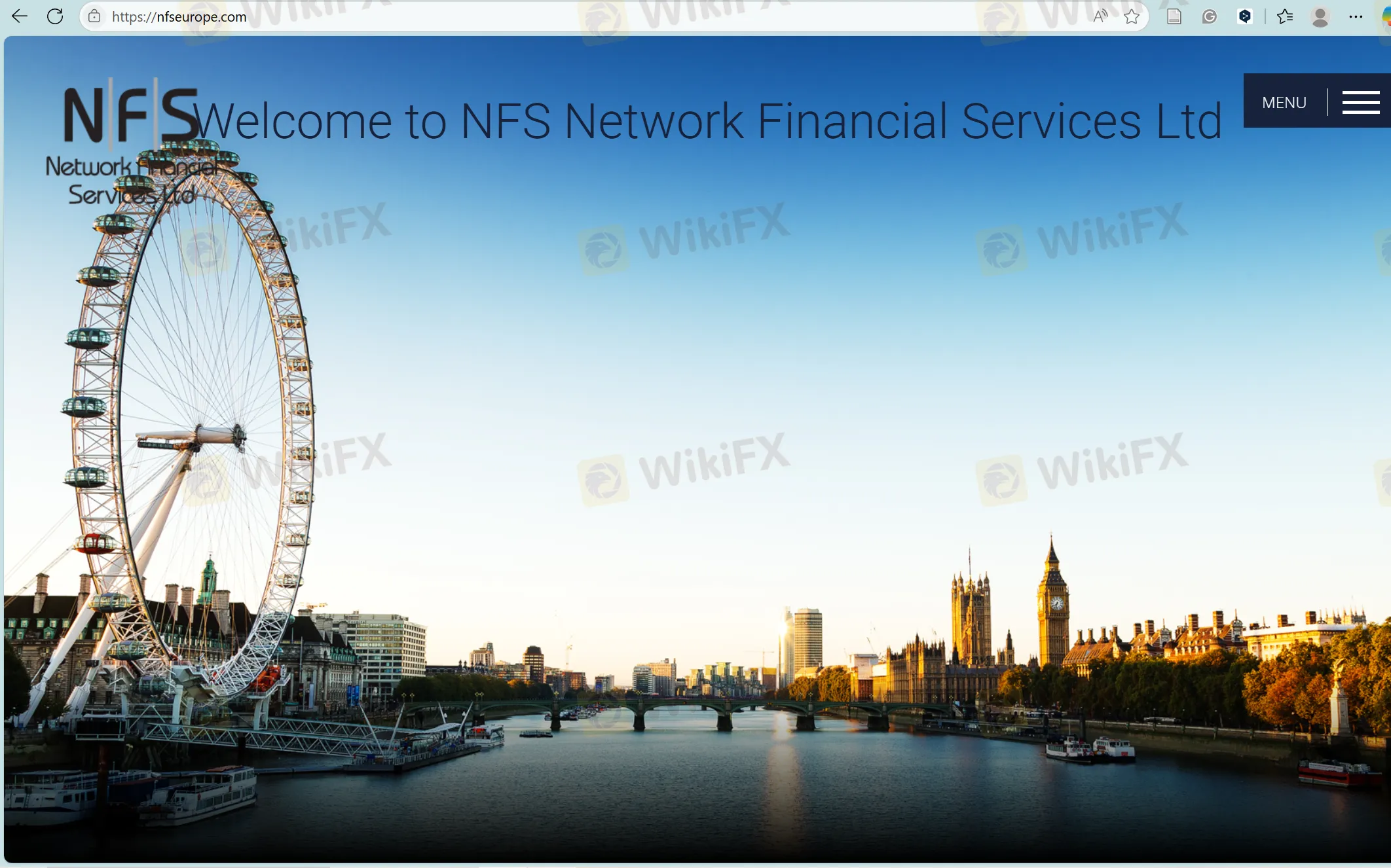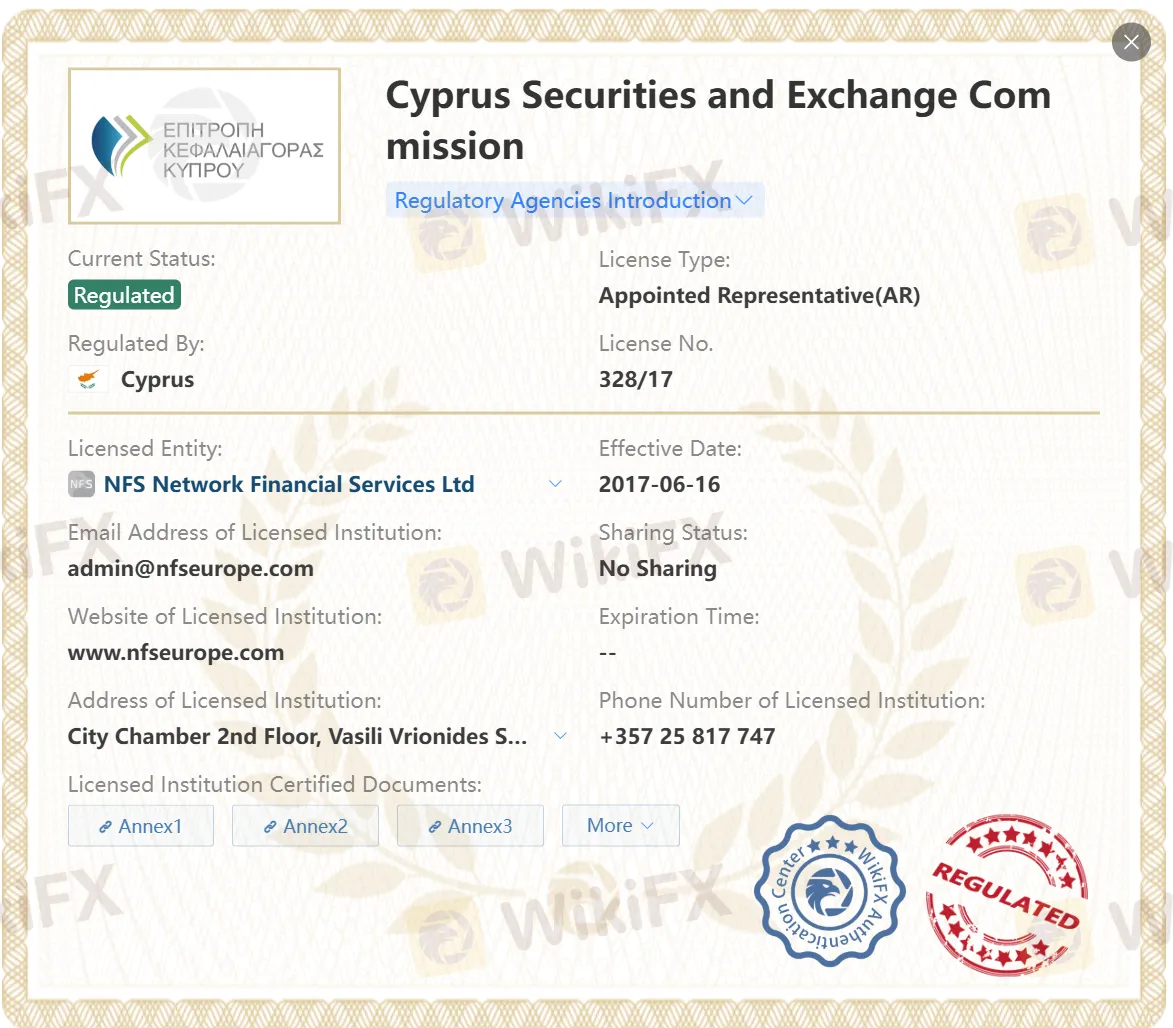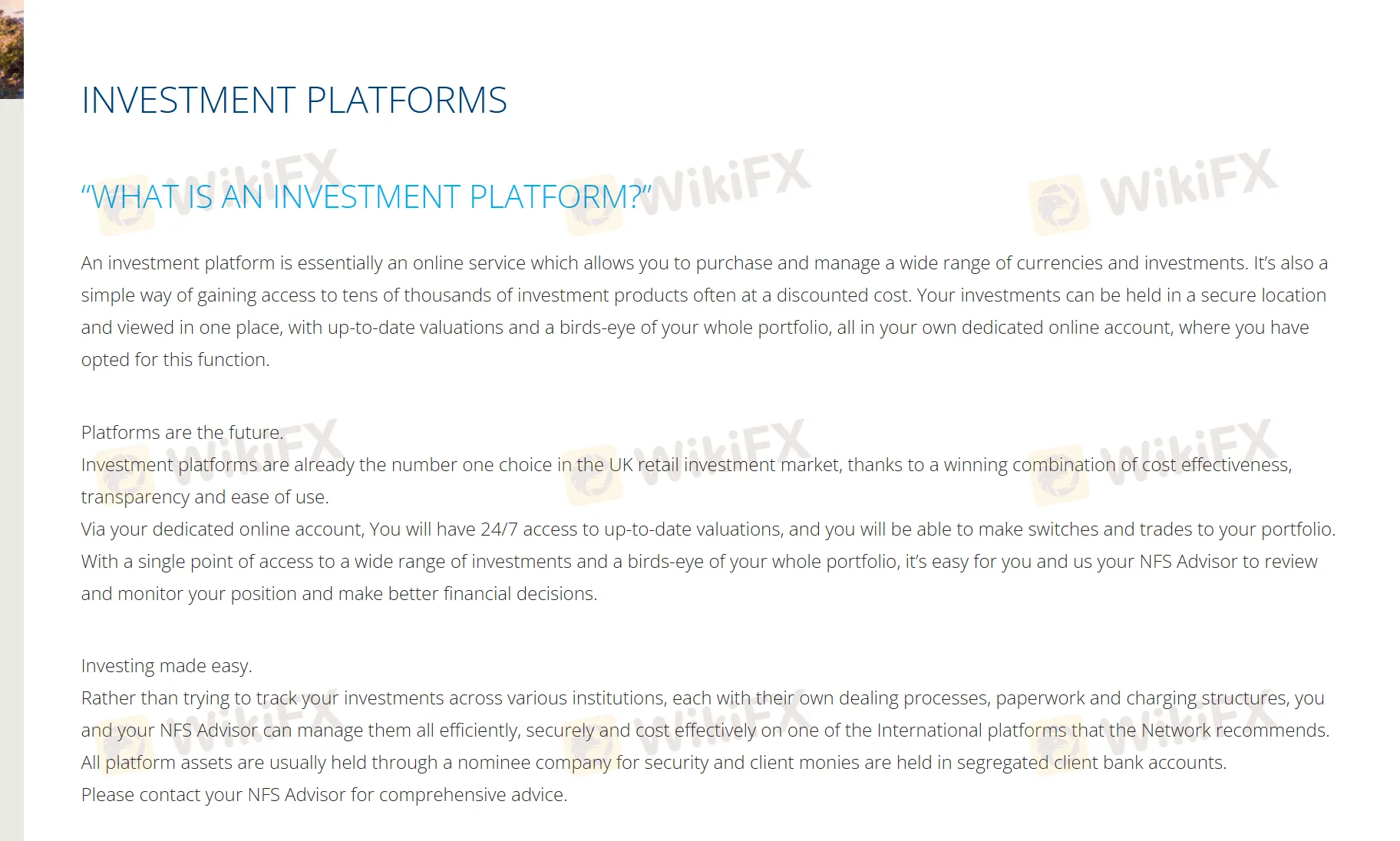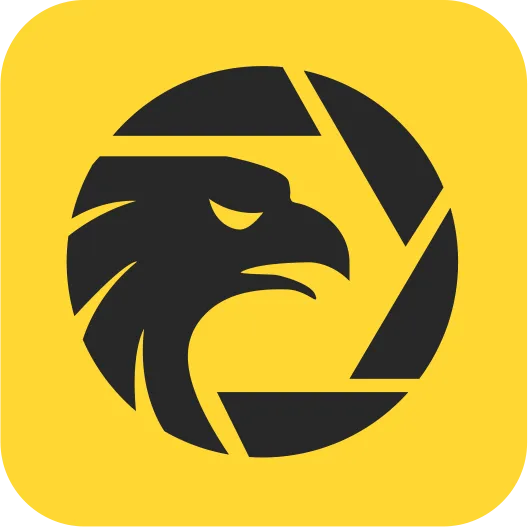회사 소개
| NFS 리뷰 요약 | |
| 설립 연도 | 2016 |
| 등록 국가/지역 | 키프로스 |
| 규제 | CYSEC 규제 |
| 시장 상품 | 주식, 투자신탁, 투자신탁, 자본투자채권 및 ETF |
| 데모 계정 | / |
| 거래 플랫폼 | 투자 플랫폼 |
| 최소 입금액 | / |
| 고객 지원 | 문의 양식 |
| 전화: + 357 25 817 747 | |
| 이메일: enquiries@nfseurope.com | |
| 주소: 리마쏠, 키프로스 | |
| 지역 제한 | EU 고객에게만 서비스 제공 |
NFS은 EU에서 운영되는 키프로스 기반의 기관으로 투자 컨설팅 서비스를 제공합니다. 그 서비스는 저축 및 투자, 주식 등의 분야를 포함합니다. 현재 CYSEC 하에 운영 중입니다.
이 중개업자의 공식 사이트 홈페이지는 다음과 같습니다:

장단점
| 장점 | 단점 |
| CYSEC 규제 | EU 고객에게만 서비스 제공 |
| 다양한 거래 상품 | 거래 관련 정보 제한적 |
| 계정 정보 제한적 |
NFS이 신뢰할 만한가요?
키프로스증권거래위원회(CYSEC)의 법적 감독을 준수하는 NFS은 NO. 328/17로 라이선스를 받아 그들의 거래 서비스에서 규정 준수와 신뢰성을 증명합니다. NFS은 선택한 제품 공급업체와 여러분 사이의 중개자로서 기능하지만 고객 자금을 처리하지 않습니다. NFS은 EU 내에서 규제된 제품 공급업체만을 추천합니다.
| 규제 상태 | 규제됨 |
| 규제 기관 | 키프로스 |
| 라이선스 기관 | NFS Network Financial Services Ltd |
| 라이선스 유형 | 지정 대리인(AR) |
| 라이선스 번호 | 328/17 |

NFS에서 무엇을 거래할 수 있나요?
NFS은 주식, 투자신탁, 투자신탁, 자본투자채, ETF를 제공합니다. 또한 저축 및 투자, 집단투자 및 해외 집단투자를 포함한 자문도 제공합니다.
| 거래 상품 | 지원 |
| 주식 | ✔ |
| 신탁 | ✔ |
| 채권 | ✔ |
| ETF | ✔ |
| 외환 | ❌ |
| 상품 | ❌ |
| 지수 | ❌ |
| 주식 | ❌ |
| 암호화폐 | ❌ |
| 옵션 | ❌ |
거래 플랫폼
NFS은 투자 플랫폼을 제공합니다. 온라인 계정을 통해 상시 가치평가에 접근할 수 있습니다. 또한 언제든지 스위치 및 거래를 통해 포트폴리오를 조정할 수 있습니다.
다양한 투자에 대한 단일 게이트웨이와 전체 포트폴리오의 전반적인 개요를 갖는 것은 NFS 고객 및 투자 상황을 평가하고 추적하는 데 도움이 됩니다.



























